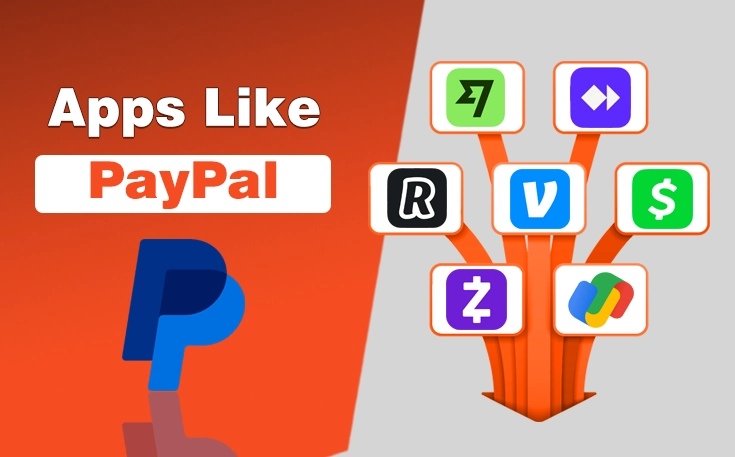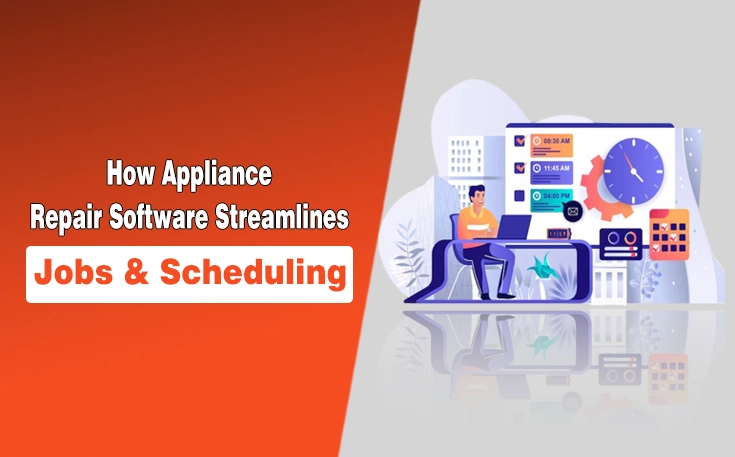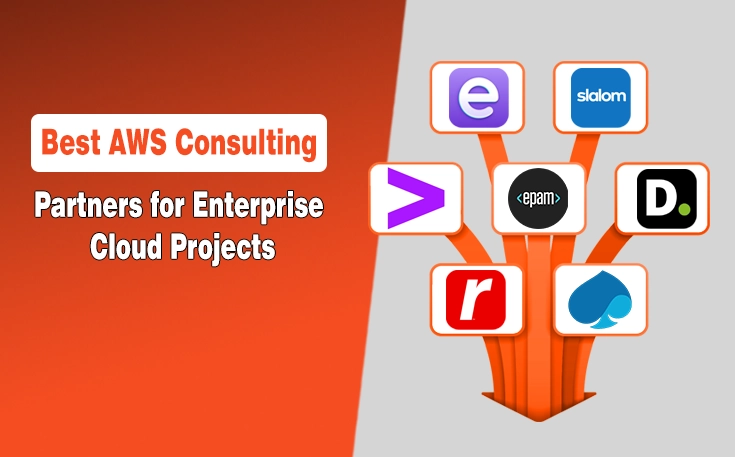College is a time of self-discovery, learning, and, of course, making plans for the future. For many students, the idea of jumping into a freelance career while still in school can seem daunting—but it’s entirely possible (and often rewarding) if you take the right approach.
One of the best ways to get started is through blogging. Whether you want to write for a living, share your passions, or build a portfolio that will open doors to paid opportunities, blogging can be the perfect stepping stone toward freelance success.
In this guide, I will show you how you can use blogging to build a freelance career during college:
How to Do Blogging Successfully During College?
In the under section, I have mentioned the top tactics that can help you do blogging successfully during college.
1. Time Management is Key
Balancing blogging with college coursework can be challenging, but it’s absolutely manageable with the right time-management strategies. If you find yourself overwhelmed, it’s okay to seek professional help. For instance, if you’re struggling to keep up with assignments, you might consider situations where you could pay to write essay services to free up time for your blog.
By delegating tasks when necessary and setting aside specific blocks of time each week for writing and blogging, you can stay on top of your academic responsibilities without sacrificing the quality of your blog content.
Remember, blogging is a marathon, not a sprint. It’s a long-term investment in your future freelance career.
2. Choose Your Niche
The first step in starting a blog is choosing your niche. Since you’re in college, you probably have interests that span across multiple subjects. But narrowing it down to one specific area will help you stand out and attract a loyal audience.
Some ideas for niches:
- Academic Advice: Share tips on studying, exam prep, and college life hacks.
- Career Guidance: Offer advice on internships, resumes, and networking.
- Personal Development: Focus on productivity, mental health, and self-improvement.
- Creative Writing or Art: Share your original writing, artwork, or even tutorials for fellow creatives.
- Technology, Finance, or Fashion: If you have expertise in these fields, you can start a blog around your knowledge and insights.
Pick something that excites you and aligns with the skills you want to develop in your freelance career.
3. Create a Professional Blog
Your blog needs to look polished and professional to attract clients and readers. Luckily, platforms like WordPress, Wix, and Squarespace offer easy-to-use templates that can make this step seamless, even if you’re not tech-savvy.
Some things to focus on:
- Design: Keep it clean, simple, and easy to navigate.
- Content: Post regularly, be it once a week or bi-weekly. Quality matters more than quantity, but consistency is key.
- About Page: Include a professional “About” page to introduce yourself and your skills. Make it clear that you’re open to freelance opportunities.
- Contact Information: Make it easy for potential clients to reach you. Include an email address and possibly a contact form.
4. Use Your Blog to Build a Portfolio
As a freelancer, your portfolio is one of the most important tools for landing gigs. You can easily use your blog as your portfolio by showcasing your best posts and linking to them when applying for freelance writing opportunities.
If you’re trying to expand beyond just writing (for example, into social media management, content strategy, or even design), use your blog to demonstrate your skills. Write posts on how to design effective graphics for social media or how to create content that engages readers. This positions you as a well-rounded freelancer who understands more than just writing.
5. Network and Build Your Brand
The beauty of blogging is that it’s a great way to start networking, even before you have any official freelance clients. Share your blog on your social media platforms to start gaining traction, and engage with others in your niche. Comment on other blogs, collaborate with other bloggers or influencers, and join Facebook groups or forums where people share freelance opportunities.
As you network, don’t be afraid to let people know you’re available for freelance work. Whether it’s a friend, a professor, or someone you connect with online, you never know who might need a freelance writer, content creator, or strategist.
6. Monetize Your Blog
While building your audience and establishing credibility should come first, there are several ways you can start earning money from your blog while still in college. Here are a few monetization options:
- Affiliate Marketing: Partner with brands and promote their products or services in exchange for a commission.
- Sponsored Posts: Once you have a decent following, companies might pay you to write blog posts about their products.
- Freelance Gigs: Promote your freelance services directly through your blog. Include a section where you describe the services you offer and provide contact details for potential clients.
- Digital Products or Courses: If you have expertise in a particular area, consider selling eBooks, guides, or courses to your audience.
7. Learn and Adapt
The freelance world is always evolving, and the blogging world is no different. Stay up-to-date with SEO best practices, content marketing trends, and blogging tools. Learning how to optimize your content for search engines (SEO) will help you rank higher in search results, making your blog more discoverable. Additionally, learning about Google Analytics will help you track the success of your blog and understand what resonates with your audience.
Finally, be ready to adapt your strategies over time. Your college blog may look completely different after a year, and that’s okay. The more you experiment and refine your approach, the better positioned you’ll be to succeed in the long run.
8. Write for the Right Reasons
Blogging can be a fun, rewarding way to express yourself—but if you want to turn it into a freelance career, you need to be strategic. Start by building a body of work that showcases your writing ability, voice, and expertise. Even if you’re not yet getting paid, each post should have a purpose—whether it’s building your portfolio, growing your audience, or improving your writing.
Keep in mind that many companies, brands, and individuals need content, from blog posts to social media updates. If you start writing with this in mind, you can position yourself as someone who’s both passionate and professional.
Final Thoughts
Blogging is a powerful tool for building a freelance career while in college. It gives you the chance to showcase your skills, build a portfolio, and network with others—all while gaining valuable experience.
When you stay consistent, focused, and proactive, you can transform your blog from a passion project into a successful freelance business that will help you thrive during and after college.
Need custom app with amazing features?
Get a Quote




